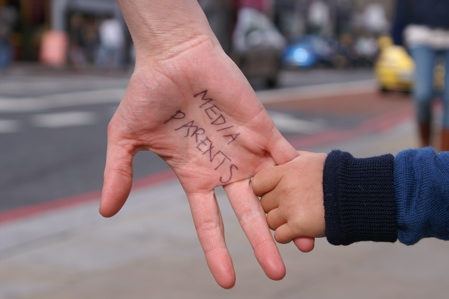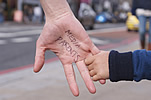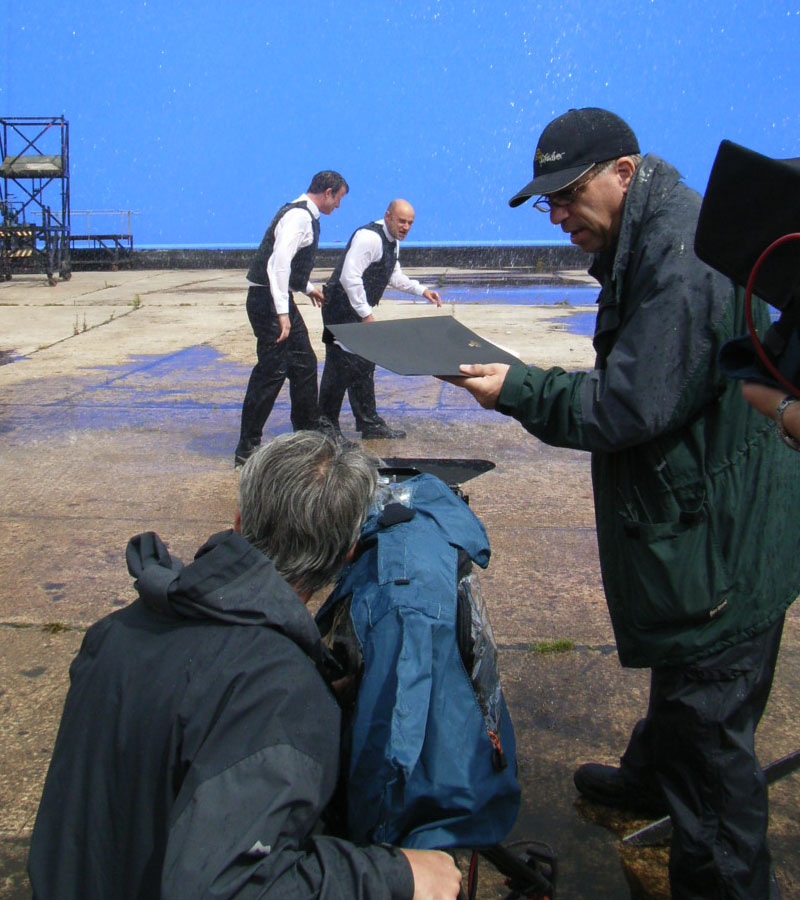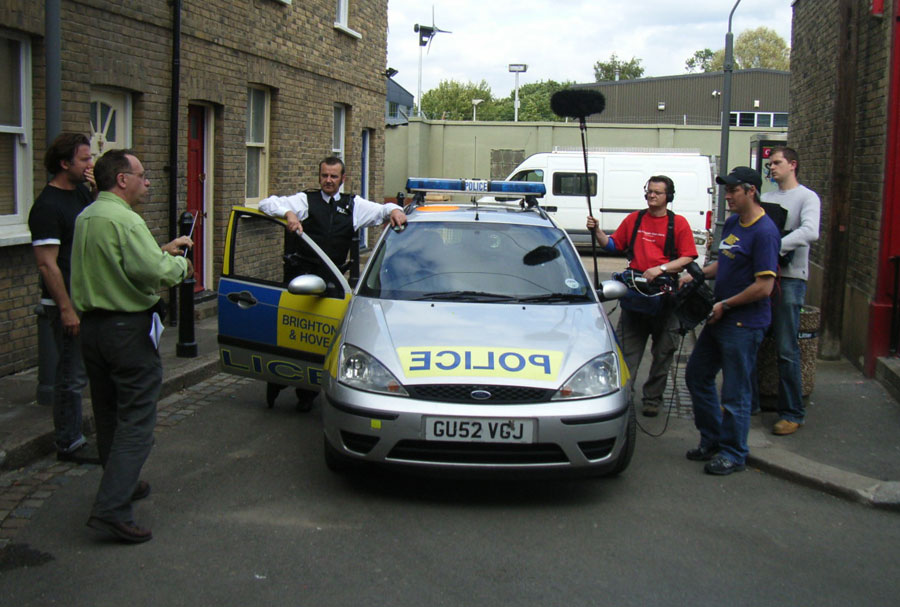Available now scripted director Peter Chipping
January 1, 2020 @ 9:31 am Posted in Freelancer Profiles CommentsI was directing some actors on a large day-for-night fight scene near the seaside, writes Editor-turned-Director Peter Chipping. There was a problem. It was midday in summer, and not remotely dark.
One of the giveaways of shooting this style is revealing the sky. You need to disguise the horizon. In many old cowboy films you see clouds floating in a dark blue sky. A dead giveaway. It was going to be hard to convince an audience I was shooting at night. On a camera monitor the blue sky just looked like a big blue screen. Maybe a chroma-key screen? I figured I could key in another colour – like black – and suddenly my actors would look like they were lit by the “moon” running against a night sky. It worked too. The knowledge had been acquired many years previously as I had been an editor and knew some editing trickery.
Editors often muse on how to get out of being shackled to their edit suites. One skill editors often learn is making a story out of hundreds of hours of footage. It’s a lot of organisation. With a bit of know-how, that organisation can be applied to crews and productions.
I had learnt to operate cameras at college and after various diversions into multi camera studio directing, I gravitated towards factual. My camera and editing skills would come in handy, as what I shot actually made it through the edit. One thing that’s not taught to editors is writing. So I attended lots of courses, but what I learnt were beat sheets, inciting incidents, act breaks, inner and outer arcs. I discovered most writing is aimed at drama, not factual, but a class from the Exec Producer of The Apprentice, Patrick Uden, plus much trial and error, paid off.
I also discovered the structure of factual is often similar to drama. You still need protagonists and they still need a challenge, something to affect them and a battle to the end. It needs to be interesting with lots of “surprises”, otherwise known as: being “dramatic”. Quite often the act breaks became commercial breaks, but all those funky things such as themes, motifs etc can be used too. I learnt many mainstream directors start in factual and cross over, and have crossed back too. The biggest obstacle was convincing execs I could do it. So I wrote and shot a bundle of short dramas films. That lead to some police re-enactment videos being commissioned for The Police Federation and eventually a TV commission of documentary flanked by some drama. Fortunately, the American style drama/docs had budgets that dictated people with multi skills. The police films led to true crime that led to serial killers (In the USA, UK & Germany) and eventually war, which included another major serial killer: Adolf Hitler.
I found dealing with actors was not taught to editors either, so I took the plunge and did an actor’s class and even a stand-up comedy class. The former was helpful for more drama-centric productions, while the latter allowed me to see the funny side of my journey.
Peter Chipping’s drama can be seen this year (2020) in 4 episodes of “Nazi Megastructures: America’s War” on Channel 4, plus two episodes of “Autopsy, the last hours of..” for Potato/ITV which airs in America on REELZ.
https://www.mediaparents.co.uk/freelancers/15880/peter-chipping

Join us for Media Parents events, jobs and training at www.mediaparents.co.uk Media Parents' January event is a CV seminar in Bristol - see our watercooler at www.mediaparents.co.uk for details



